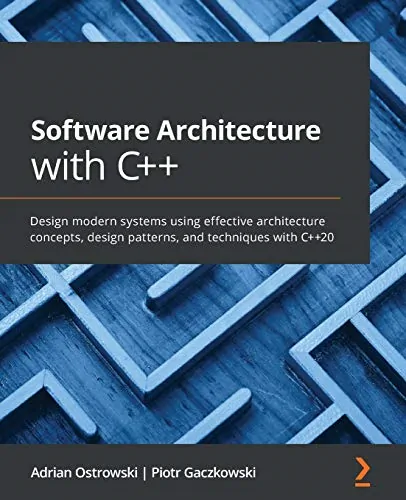Software Architecture with C++, Book Review--Bartlomiej Filipek
 Will you read it?
Will you read it?
Software Architecture with C++, Book Review
by Bartlomiej Filipek
From the article:
In April, we got a new book - from two Polish authors - Piotr and Adrian - on C++ Software Architecture. This one is fascinating and refreshing. While it won’t teach you all the latest C++ features or low-level tricks in our favorite language, it will move you to a higher level with architecture, building, patterns, design, and development for the cloud.
Let’s see what’s inside.

 Will you participate?
Will you participate?